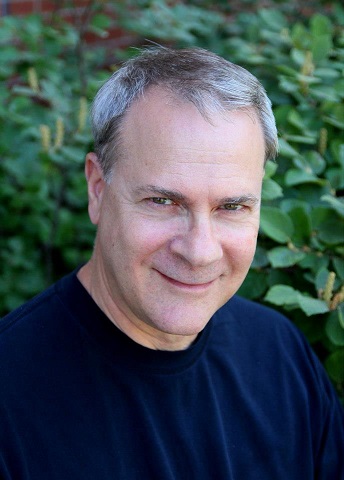Dr. Fleiss has been called a medical contrarian. I go one step further and suggest he was a medical renegade, a term I learned from the late John Renner, M.D.
Category William London
I have stories to share with you about dietary supplements spiked with approved and unapproved drugs, but I haven’t found any stories to share with you about approved drug products spiked with supplements. What does that tell you about dietary supplements?
In order to avoid confusing sensitivity and specificity, I tell my students to repeat this sentence until they cannot forget it: We [try to] sense what’s there and specify what’s not. (You can’t sense what isn’t there.)
The activities of the dirtiest dozen aren’t unique. Ducktorism is widespread, often lucrative financially, and a menace to population health and society. Numerous promoters of woo, nostrums, and superstition violate consumer protection laws with impunity.
It would be wrong to describe the dirtiest dozen as representing the tip of the ducktorism iceberg only because icebergs are mostly hidden from view while ducktors operate in the open, largely unrecognized for what they are. Like Kevin Trudeau, many ducktors are bestselling authors and television celebrities with huge fanbases.
Most people have a hard time with these types of conditional probability problems even though the only math ability required to solve them is simple arithmetic. The challenge is to recognize how to arrange the arithmetic and have the patience to do so without getting mixed up. If you don’t trust me about the answers to the screening problem and you’re curious enough to see how I got them, here’s a step-by-step approach to arranging the arithmetic followed by a discussion of the practical implications for anyone thinking about getting screened for any disease.
On my to-do list today is grading the final exam in my “Introduction to Epidemiology” class. About a quarter of the exam addresses issues in screening for latent (subclinical) disease. In his 1986 book, Medical Care Can Be Dangerous to Your Health: A Guide to the Risks and Benefits, Eugene D. Robin provided this apt description of what screening programs do: Make patients out of normal human beings.
Sometimes journalists focus their efforts on distinguishing fact from fiction: they carry out well-planned, well-executed, objective investigations that yield illuminating findings about important issues. But when it comes to building and keeping an audience, telling an appealing story is often more important than proceeding properly with skeptical, truth-seeking investigation. The late Don Hewitt, creator and, for more than 35 years, executive producer of the extraordinarily successful CBS Television newsmagazine program “60 Minutes,” frequently suggested that the priority for journalists is summed up by four words: tell me a story.

